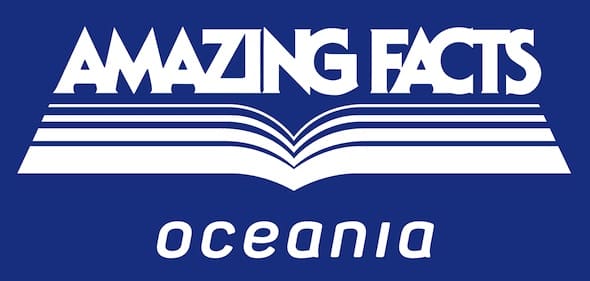“Assuredly, I say to you, unless you are converted and become as little children, you will by no means enter the kingdom of heaven” (Matthew 18:3).
Where did the term “top dog” originate? There is some debate over its first usage, but in animal behaviour it describes the alpha male that shows dominance within a hierarchy. Today we say that the top dog is a person who has reached the highest position of authority. It also can be used to describe the winner of a competition.
Some believe the phrase came from the time when wooden planks were sawn by hand. Two men accomplished the task with a two-handled saw. The senior man stood on top of the plank while the junior stood in a saw pit below. The irons that were used to hold the planks in place were called dogs. It was brutal work, and the easier job was done by the upper dog or top dog. The bottom dog or underdog below had a more difficult task.
Jesus’ disciples once argued among themselves over who would be the top dog in Christ’s future kingdom. They finally approached Christ and asked, “Who then is greatest in the kingdom of heaven?” (Matthew 18:1). The Saviour must have been disappointed to hear this question. Through teaching and healing He had been attempting to show them that the highest position in heaven is achieved through humble service.
To answer the proud disciples’ question, Jesus called a little child to Himself, stood the child in their midst, and said, “Assuredly, I say to you, unless you are converted and become as little children, you will by no means enter the kingdom of heaven. Therefore, whoever humbles himself as this little child is the greatest in the kingdom of heaven” (Matthew 18:3, 4).
Christ was not telling His followers to act in a childish way. Immaturity is not a sign of greatness in God’s eyes. The mark of a prominent Christian is one who humbly acknowledges his need of the Lord. A top disciple will not lift himself up as the most distinguished but will point others to Jesus.
Heavenly Father, today I choose to live in complete submission to Your will and Your plans. Guide me.
For Further Study: Matthew 18:1–7; Philippians 2:3–11; 1 Peter 5:6

